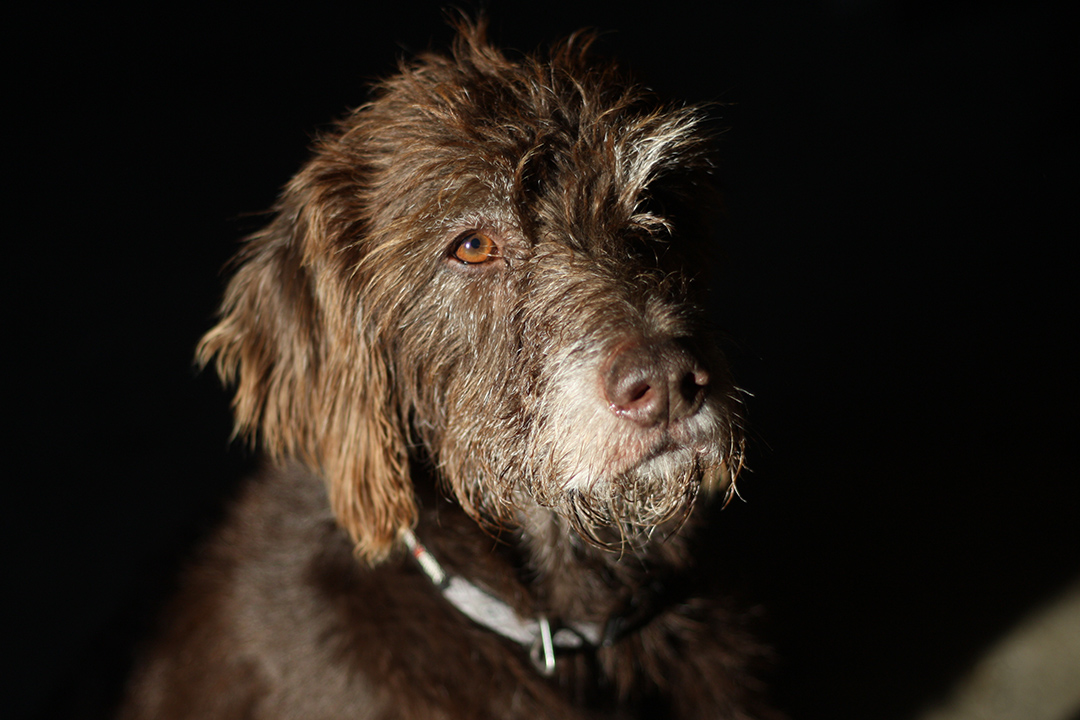
WCVM scientists seeking dogs with spreading cancer for clinical trial
Oncology researchers at the Western College of Veterinary Medicine (WCVM) are seeking dogs with spreading cancer for a clinical trial at the WCVM Veterinary Medical Centre.
Deciphering tumour heterogeneity through necropsy, imaging and transcriptomics in naturally occurring cancers in dogs.
One out of every four dogs is diagnosed with cancer, and sadly, half of those animals will die of the disease. Cancer's ability to spread is a major challenge, making it difficult to detect and treat effectively.
This clinical trial at the WCVM will explore potential solutions by using a new approach to studying cancer spreading in canine patients.
WCVM researchers will study cancer spreading in pet dogs diagnosed with cancer using two tools: positron emission tomography-computed tomography (PET-CT) imaging, an advanced imaging technology, and RNA sequencing, a gene profiling method.
The WCVM is the only Canadian veterinary college equipped with PET-CT technology. The state-of-the-art equipment allows allows human and veterinary cancer researchers at the University of Saskatchewan to offer this unique opportunity to referring veterinarians and their patients.
What are the study's goals?
The WCVM researchers aim to find a way to improve cancer detection and treatment by:
- exploring the role and benefits of PET-CT technology in understanding cancer spreading
- assessing how different genes contribute to cancers in various parts of the body
What canine patients are eligible?
The WCVM research team is seeking dogs with advanced-stage cancer. Eligible dogs must be healthy enough to undergo anesthesia and a PET-CT scan.
After their pet's death, owners will be asked to return to the WCVM Veterinary Medical Centre for a post-mortem examination (necropsy).
What costs will the WCVM research team cover as part of the clinical trial?
Each dog enrolled in the clinical trial will undergo anesthesia and receive a PET-CT scan at no cost. In addition, there will be no charge for a post-mortem examination — a procedure that will allow the research team to gain a better understanding of the disease.
How can I find out more about this clinical trial?
If you have a canine patient that may be eligible for this trial, contact the study’s research team leader for more information:
Dr. Arata Matsuyama, DVM, PhD, DACVIM (Medical Oncology), DAiCVIM (Medical Oncology)
Assistant Professor, Dept. of Small Animal Clinical Sciences
Western College of Veterinary Medicine
arata.matsuyama@usask.ca

